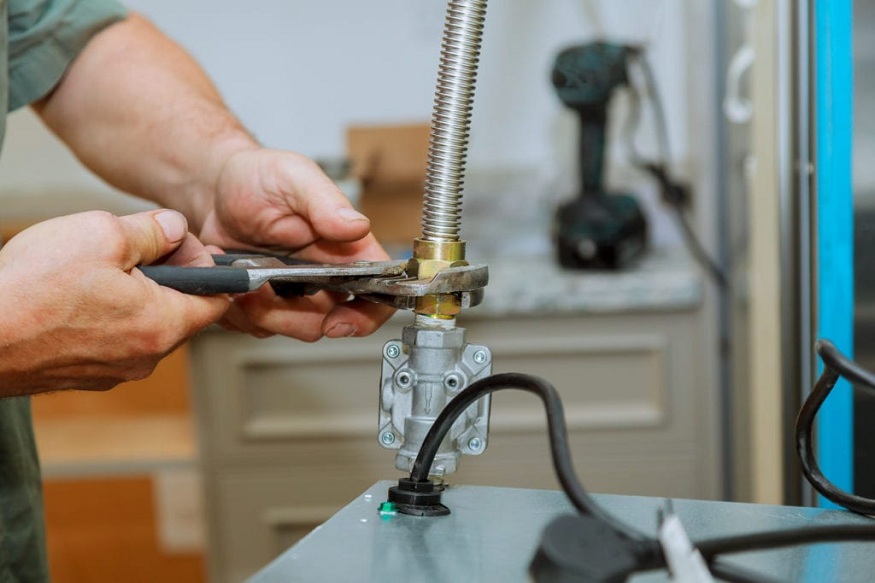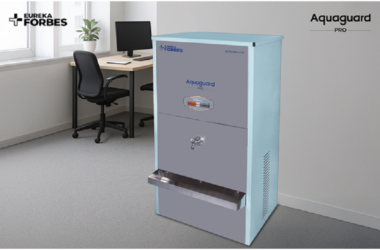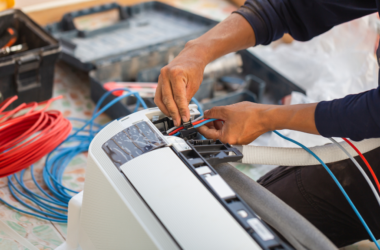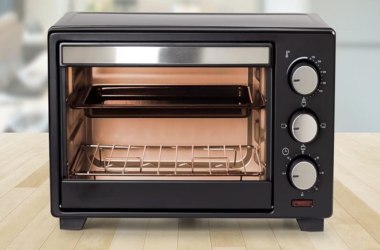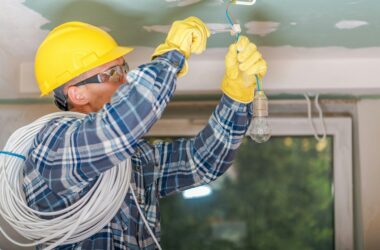Breathing in fresh, clean air is crucial for your child’s health, especially when it comes to ensuring restful sleep. Since their respiratory systems are still developing, children are more vulnerable to the harmful effects of indoor air pollution. Poor air quality can lead to increased risks of allergies, nasal congestion, and even respiratory infections. Airborne particles like dust and pollen can make it harder for your child to breathe comfortably at night, leading to frequent wake-ups, restless sleep, and, over time, potential long-term health concerns.
Indoor air often harbors unseen pollutants, including pet dander, dust mites, pollen, and volatile organic compounds (VOCs) from household products. These irritants can aggravate your child’s respiratory system, triggering asthma or allergies and causing stuffy noses. This discomfort can make relaxing at bedtime more difficult, ultimately disrupting their sleep. Sleep deprivation doesn’t just result in tiredness—it can impact your child’s mood, focus, and physical development, all of which depend on consistent, quality rest.
One key factor in maintaining good indoor air quality is ensuring your HVAC system is functioning effectively. Older or poorly maintained systems can allow allergens, dust, and mold spores to circulate throughout your home. If your unit is outdated or underperforming, scheduling heating repair services to evaluate its condition is a smart step. Technicians can identify whether repairs or upgrades are necessary to optimize your system’s performance. Switching to a modern HVAC unit with HEPA filters can greatly improve air quality by capturing tiny particles and creating a healthier environment for your family.
In addition to HVAC upgrades, routine cleaning plays a significant role in reducing indoor pollutants. Regularly dusting surfaces, using a vacuum equipped with a HEPA filter, and washing bedding frequently can help eliminate allergens in your child’s room. Adding an air purifier to their sleeping space provides an extra layer of defense, removing airborne particles and enhancing overall air cleanliness. These simple practices can foster a more comfortable, refreshing sleep environment for your child.
Quality sleep is a cornerstone of your child’s growth and overall well-being, and clean air is a vital component in achieving it. When your child breathes cleaner air, they’re more likely to experience deeper, uninterrupted sleep, waking up rejuvenated and ready for the day. By upgrading HVAC systems, maintaining a clean home, and investing in air purification, you can help create an environment that supports healthier sleep and a brighter future.
For additional advice and strategies to improve your home’s air quality, check out the related resource.

